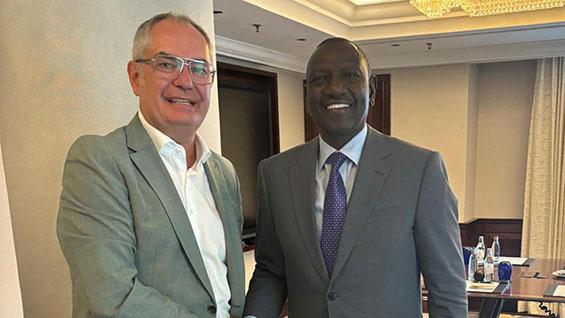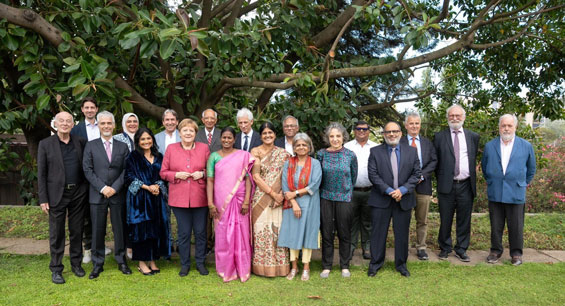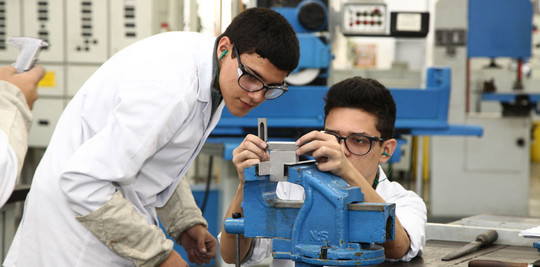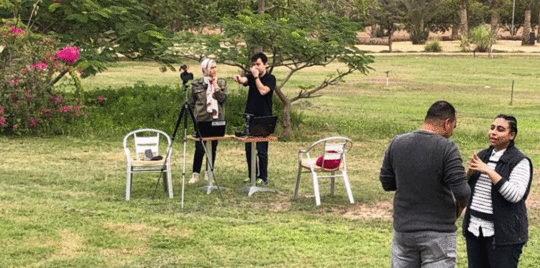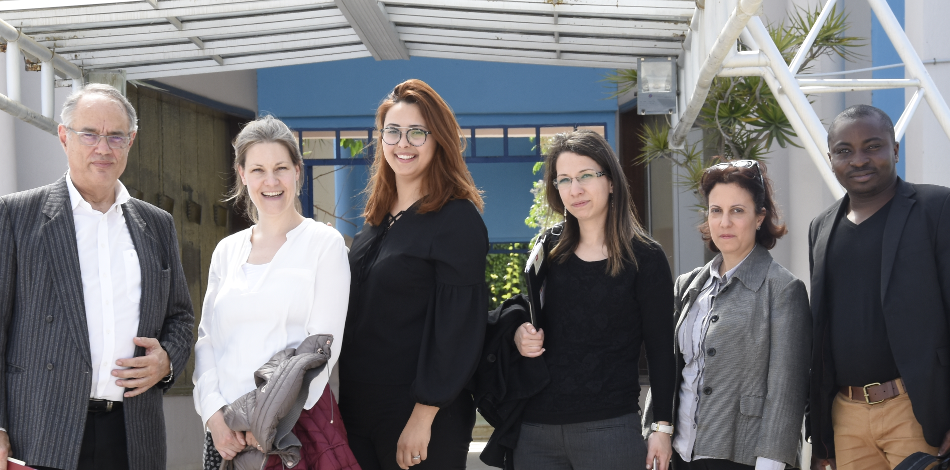
Competences
Profiling/ competence assessment/ career guidance, Labor market policy, Vocational education and trainingProject start
Regions
AfricaOperating Company

Environmental School Tunisia
Environmental School Tunisia
Through the development and implementation of training programs, trainers are qualified in the field of waste management. In the long term, young people and job seekers are trained in environmental professions. This will reduce youth unemployment and migration and gradually clean up the country.
Since December 2017, the bbw has been implementing the educational project " Environmental School Tunisia ", together with the Tunisian Ministry of Environment, the Technology Centre CITET and the Training Centre CFAD. The project will initially be carried out in Tunis. The aim is to develop curricula in environmental professions in a practical and demand-oriented manner, to qualify job seekers and then place them in the labour market.
Development of professional qualifications in waste management
Since the "Jasmine Revolution", Tunisia has been in a phase of change. Major reforms continue to be initiated. Like other ministries, the Tunisian Ministry of Environment is trying to modernize itself. This modernization requires the professionalization and re-dynamisation of environmental services. Waste management is gaining in importance. However, specialists in this field lack skills in areas such as profiling and occupational safety. In order to improve this situation, German "know-how" is being transferred within the framework of the cooperation project.
Training of trainers and specialists in waste management
Employees of the environmental school are trained by bbw experts in competence analysis, methods of profiling, analysis of the local labour market,occupational orientation and occupational safety, etc. Local experts will conduct a needs analysis in six waste disposal professions, the results of which will be used to develop curricula. At the same time, train-the-trainer activities will take place to communicate the changes in content and methodology. Vocational training will be implemented locally in order to increase opportunities for Tunisian youths and young adults to enter the labour market.
The project runs for 13 months and will end in December 2018. It is financed by the Bavarian State Chancellery.
Funding:


